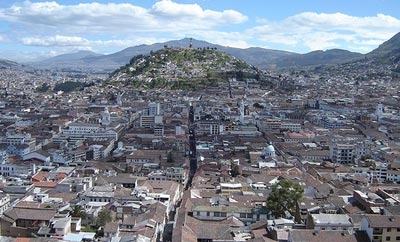Drug dealing is presenting a growing threat to citizen security in Ecuador, according to reports, which highlight the increasing influence of local gangs who manage domestic drug sales.
A report by El Comercio describes a series of assassinations linked to “microtrafficking” in Quito, and highlights the presence of foreign gangs such as the Cordillera, a Colombian group which controlled microtrafficking in the tourist district of La Mariscal until its leaders were captured last month.
The newspaper cites a study on “Criminality and Microtrafficking in Quito,” carried out between January and June last year, which identified transnational criminal groups and other organized criminals operating in La Mariscal and fighting over territory. Small-scale drug dealing drives up crimes in the capital, including robbery, loan-sharking and paid assassinations, it found.
InSight Crime Analysis
Microtrafficking is booming across Latin America as a growing middle class has provided an expanding domestic market, while improved law enforcement efforts have increased the pressure on drug exporters. The fracturing of large criminal organizations has also increased the influence of local gangs, who are typically involved in street-level dealing rather than international trafficking.
Ecuador has historically had one of the lowest drug consumption rates in the region, but that has begun to change in recent years as the country has become a key location in international drug trafficking routes. During the first half of 2012 police seized 1.6 tons of illegal narcotics destined for the Quito market, nearly all of it marijuana.
The Cordillera was reported to control Quito’s drug market as far back as 2011, when one of its leaders was captured in Guayaquil.

